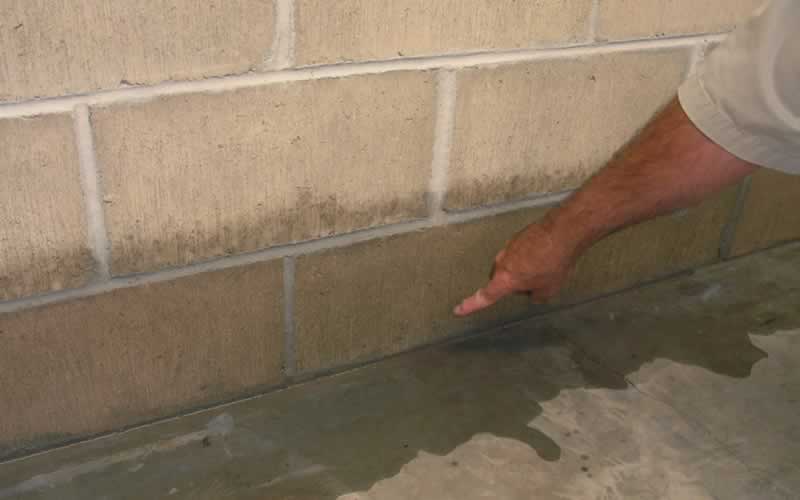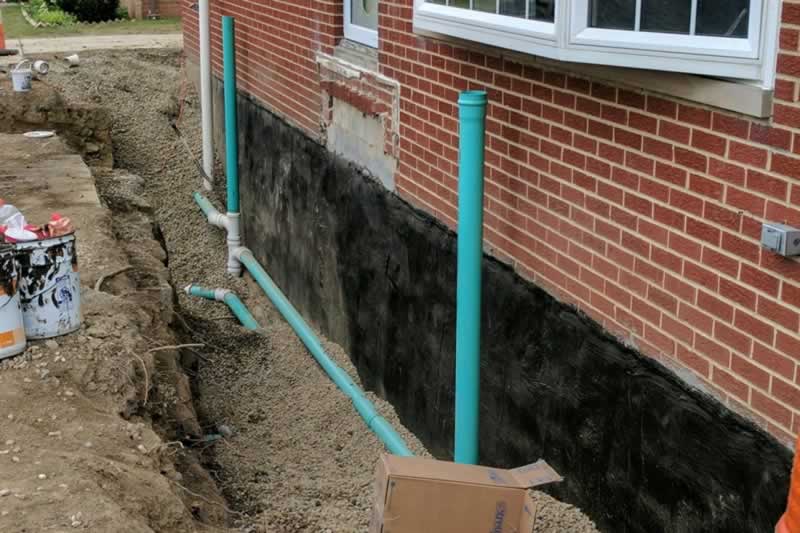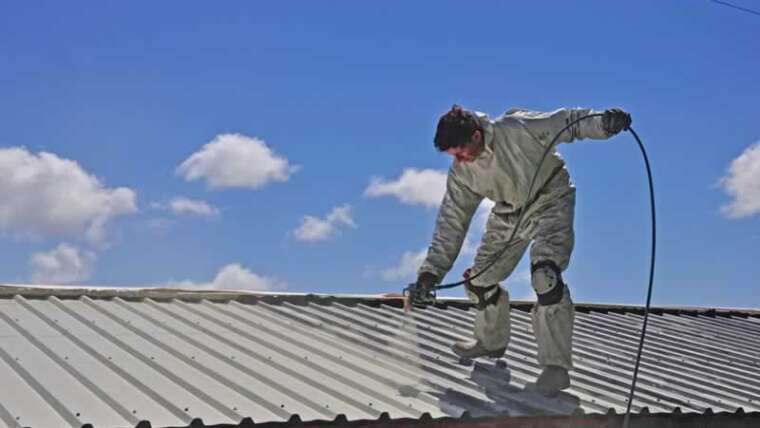A leaky basement not only lowers the value of your home, it also makes it prone to flooding. To avoid such terrible scenarios, it is best to make them waterproof. That way, you can get the most out of your basement without worrying about the water damaging the foundation of your home and weakening its structure.
Additionally, waterproofing your basement will help fight off bad odors and get rid of allergies that can pose a significant health risk to your health. Families too, not to mention the fact that you won't have to spend a fortune later on to enforce your foundation. The water can cause internal cracks that make your home look unsightly. To prevent this from happening, here are a few key points about the importance of waterproofing your home and the key factors to consider.
How to tell if your basement is leaking
Keeping your basement dry eliminates the need for repairs while dealing with health issues caused by mold. So instead of letting the leak become a significant problem, check your basement regularly and watch out for red flags like:
Crack on the foundation
Concrete cracks are inevitable. They often occur due to the curing process, pressure stresses, or debris as the soil that holds the foundation shifts over time.
Mould
Mold is associated with several stressful problems. It grows where there is little air circulation and a lot of moisture. Because mold causes irritants and allergies, it is toxic to people with asthma and other respiratory diseases. Other health problems people experience from it include skin irritation and headaches.
Mold often grows in basements due to flooding. If left untreated, the problem can encourage other treacherous molds such as toxic black mold. It can appear in different colors like white, green, or gray, and its texture can appear as a flat spot or a fuzzy coating. Depending on its type, it may or may not have a smell. To get rid of the mold problem, you should always seek help from a mold inspector.
Water stains on top of the basement wall
Wall stains are often the result of surface or roof drainage problems. However, in order to waterproof the walls, the first thing to do is to locate the problem and fix it first. This also prevents further damage from occurring.
Honeycomb
This term refers to the pitted, rough concrete surface caused by partially filling concrete next to the formwork. Honeycomb often means that your concrete is badly damaged and needs urgent maintenance. If the problem is not resolved, water can seep into the basement and easily flood it.
Tie holes
When building a strong foundation, steel and wood are used to shape the shape in which the concrete will be poured. The wooden and steel bars should then be pulled out to allow the concrete to harden. However, the concrete has a hole about 1.6 cm in diameter. The openings should be patched with a cement-based product. If not, the concrete wall has several weak spots, making your basement vulnerable to water stains, flooding, or drywall, or the softening of paint over the walls.

Importance of waterproofing your basement
The basement is important to ensure watertight modifications. Hence, you should keep every aspect of it in good shape, including the basement, whether you are using it as a warehouse or if it is finished and habitable.
Protect your belongings
As opposed to keeping your things outside, it's best to keep them in your basement. However, if it is flawed and prone to flooding, the contrast is negligible. While certain things may be able to withstand the flood conditions, some of the things you store can be damaged by the water, especially important documents. Therefore, if you plan to use your basement as a warehouse, you need to waterproof it.
Keep your foundation solid
The basic purpose of waterproofing your basement is to prevent moisture from entering your home. Additionally, the foundation of your home will keep it safe and stable, and you should always make sure it is in good condition by eliminating any potential threats. If not, the unstable foundation can lead to bent walls or sloping floors. The problems will eventually worsen and consequently affect the comfort, efficiency, and safety of your home.
As mentioned at the beginning, mold is a significant threat to your health and the value of your home. Mold can grow quickly under the right conditions and with a little moisture. Little by little it will spread throughout your environment and lead to various health problems. However, this can easily be prevented by waterproofing your basement. Therefore, it is best not to compromise, but rather to contact a contractor for the best possible support.
Determination of the source of the leak
Because concrete is porous, you can easily distinguish the main source of the leak. Check the corners of the windows and any pipes that may be in the basement. If this is not the cause of the leak, attach a strip of aluminum foil to the walls and hold it in place with duct tape. After a day, pill the aluminum foil and check the underside of the foil. If it's damp, water is likely to seep through the outside of the walls. However, if there is no trace of water on the film, another source of leakage is likely. It is therefore imperative that you contact a competent and experienced contractor who will provide you with the best possible support.
Why should you hire a contractor?
Now that you understand the importance of waterproofing your basement, the best thing to do is to contact a contractor to help you with the repairs rather than doing them yourself and adding to the damage. Contractors know the right steps to take to waterproof their basement, but they also know the pros and cons, especially when it comes to internal water drainage. It is best to research and find professional contractors who have positive reviews.




